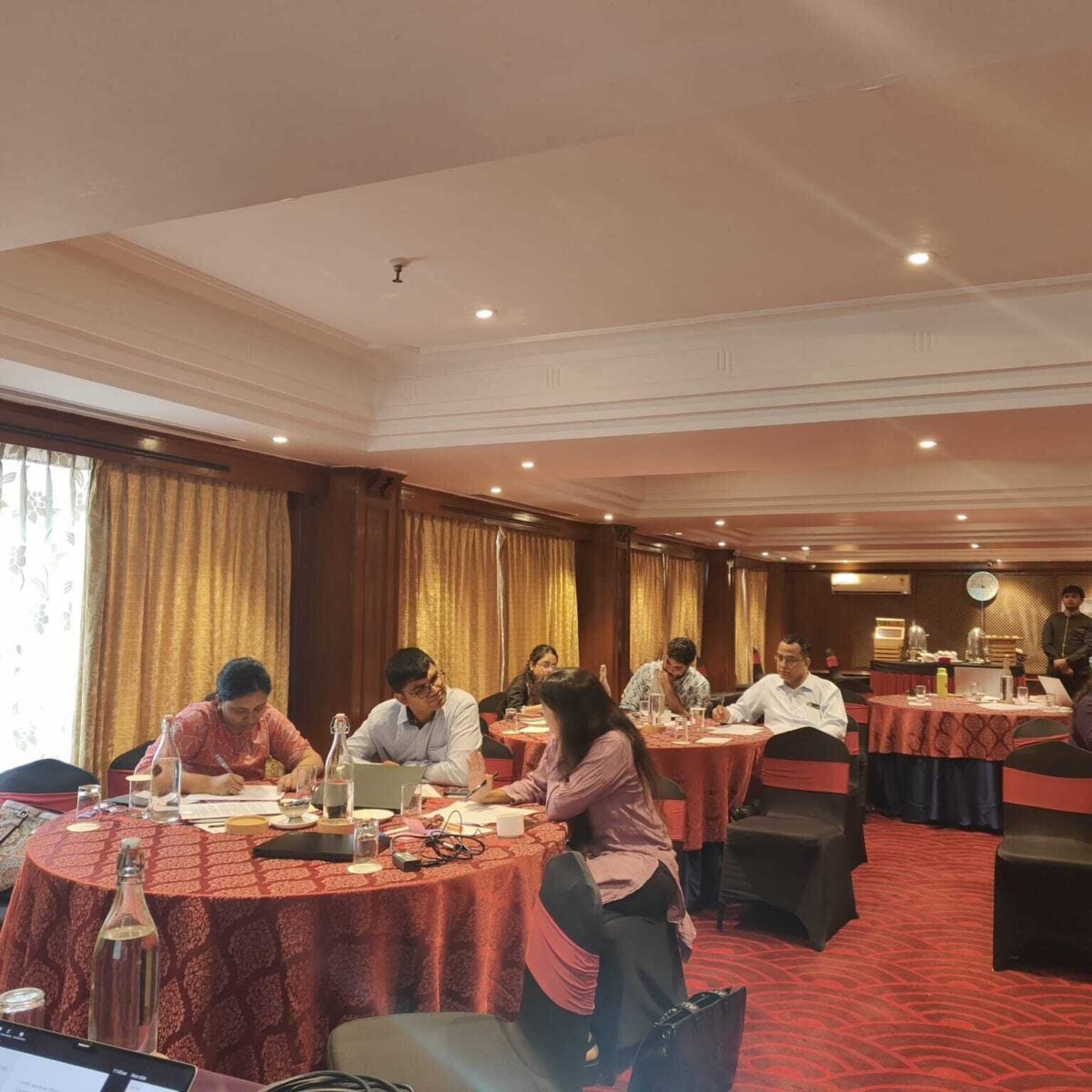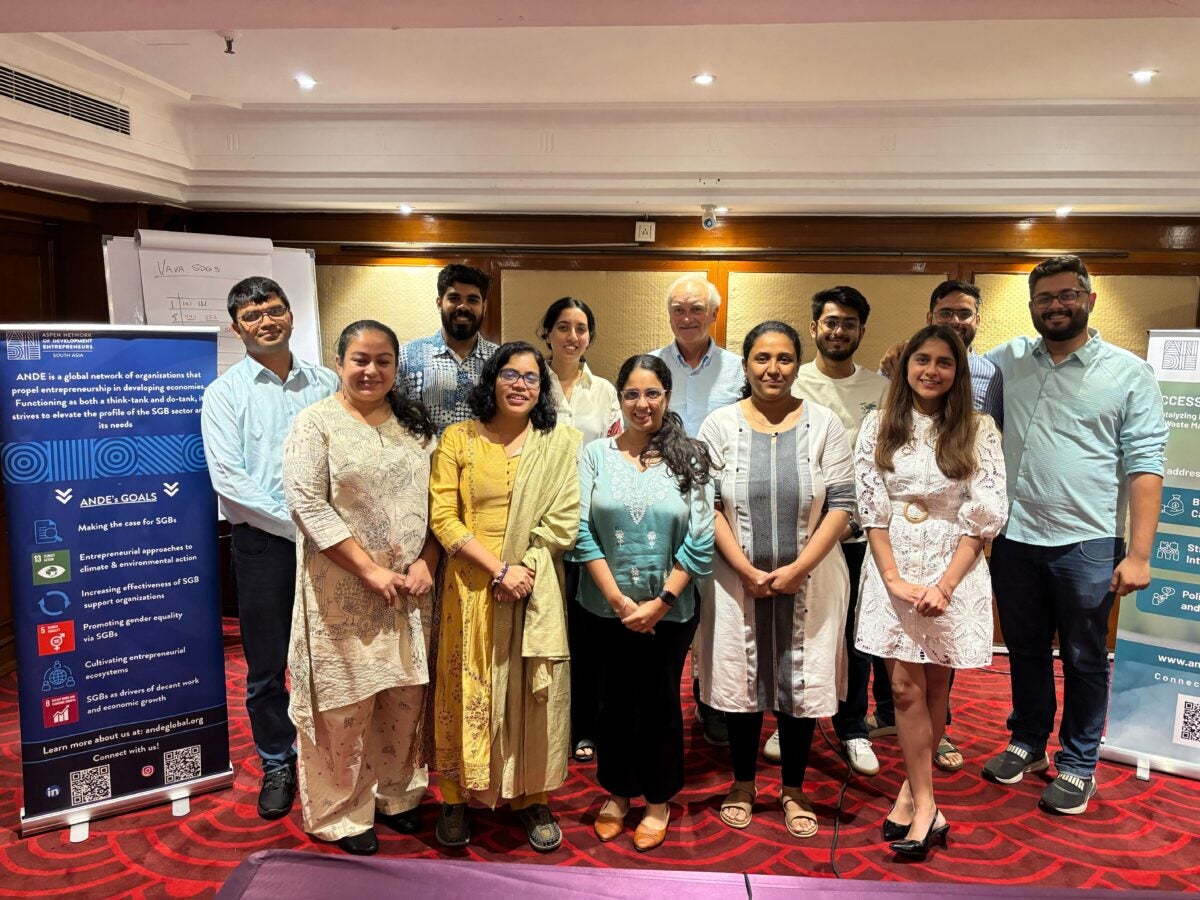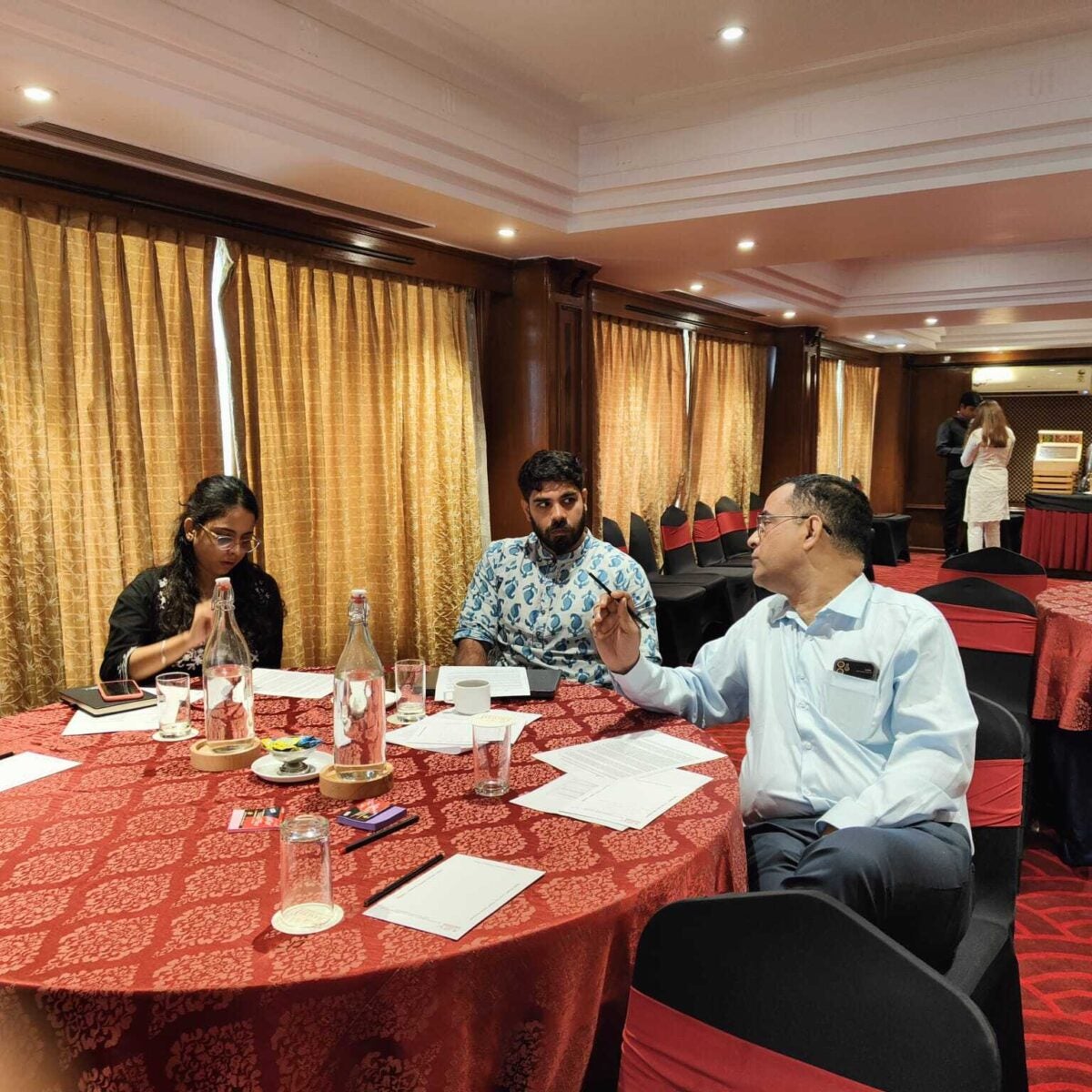Cross Cutting Insights from “Catalyzing Innovative Technologies in Waste & Circularity for Dignified Jobs” Workshop in partnership with Villgro
- Dignified Livelihoods at the Core
Common threads: Infrastructure (sanitation and safety gear), social protection (health insurance), livelihood expansion beyond waste picking (upcycling)
Shared Insight: Strong emphasis on redefining dignity in waste work by coupling better working environments with opportunity pathways
Common threads: AI, sensors, and dashboards for improving transparency and efficiency without displacing workers.
Shared Insight: Both workshops stressed that technology should be enabling and inclusive, designed with informal waste workers in mind; not as a replacement but as a support system.
- Behavioral and Systemic Change
Common threads: Behavioural change in both citizens and government agencies – IMT participants noted that behaviour change interventions are scattered and not prioritised. The workshop participants called for structured campaigns through schools, digital nudges, and local champions.
Shared Insight: System-wide change requires consistent behavioral change interventions that are rooted in community engagement and driven by champions from within.
- Governance and Policy Action Gaps
Common threads: decentralized planning, unified local action plans, and inclusion of worker voices, lack of inter-departmental coordination
Shared Insight: Integrated governance and cross-sector buy-in are crucial for real change. W&C must be positioned as interlinked with urban health and economic planning.
- Scaling Innovation Responsibly
Common threads: platforms for validation, finance, and market access for early-stage investors, NGOs as intermediaries, lack of local government trust, and disconnect between innovations and actual needs
Shared Insight: A clear need exists for co-created, scalable pilots grounded in local context and backed by flexible finance and public sector trust.




